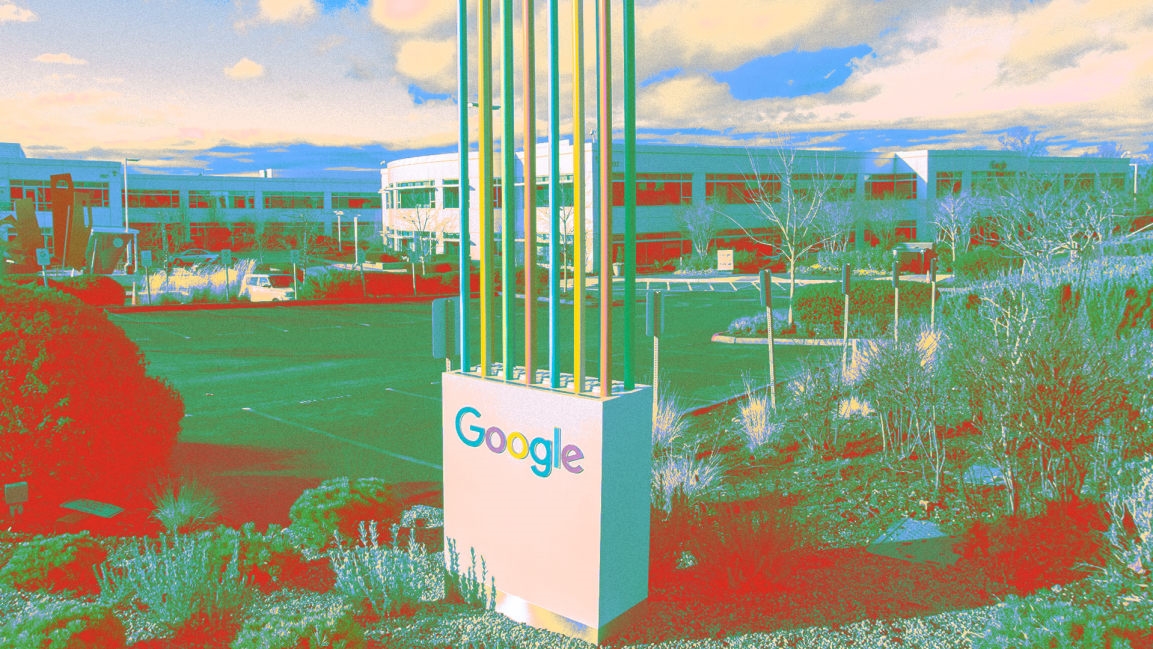Alphabet tops this new list of companies leading in cleantech
After Donald Trump took office, a U.S. coal plant has shut down roughly every 15 days. Last week, despite Trump’s attempts to keep it open, the Tennessee Valley Authority decided that it will close a coal power plant in Kentucky to save money and keep electric rates low. Just 200 miles away, on the site of another former Tennessee Valley Authority coal plant, Google is building a $600 million data center that will get power from a massive new solar farm.
It’s one sign of bigger changes in the world of energy, and one reason why a ranking called the Carbon Clean 200 exists: If traditional fossil-focused companies falter, which companies might be most likely to succeed? In the latest version of the ranking, Google’s parent company Alphabet tops the list.
“It’s about getting people to think in a different way,” says Andrew Behar, CEO of the nonprofit As You Sow, which produces the ranking every six months in partnership with the media and research company Corporate Knights. “What is the S&P 500 or the S&P 1200 going to look like a decade from now? We don’t think there’s going to be any oil companies on it at all. We think they’re all really non-viable entities. So who’s going to fill those gaps? We think the oil companies are going to be the Kodaks of the future because they refuse to change their business plan and not respond to the climate crisis.”
The ranking, which was first released in 2016, looks at the largest 200 companies ranked by clean energy revenues, excluding fossil fuel companies and companies with some other negative practices, like weapons manufacturers. The methodology continues to evolve each time the list is released; the newest iteration evaluated companies beyond those working directly on traditional cleantech, and now includes, for example, real estate companies building low-carbon buildings, apparel companies making products with a low carbon footprint, and IT companies that are investing in renewable energy.
Alphabet is far from perfect. The report also scored tech companies on privacy practices, and gave the company a D grade–though noted that it had the best privacy score of all the companies it considered. The company also makes money selling ads to traditional car companies and oil and gas companies. But Alphabet has also shifted to run on 100% renewable energy, and that move–the equivalent of taking a million cars off the road, or eliminating a quarter of the emissions of the largest tar sands company–was significant enough to earn it a top place on the list. Within a decade, Behar says, it’s possible that running server farms could require 20% of the planet’s electricity. “We want to encourage every IT company to go 100% renewable because they just are sucking up so much juice that they could lead the way,” he says. “They are leading the way.”
(23)



